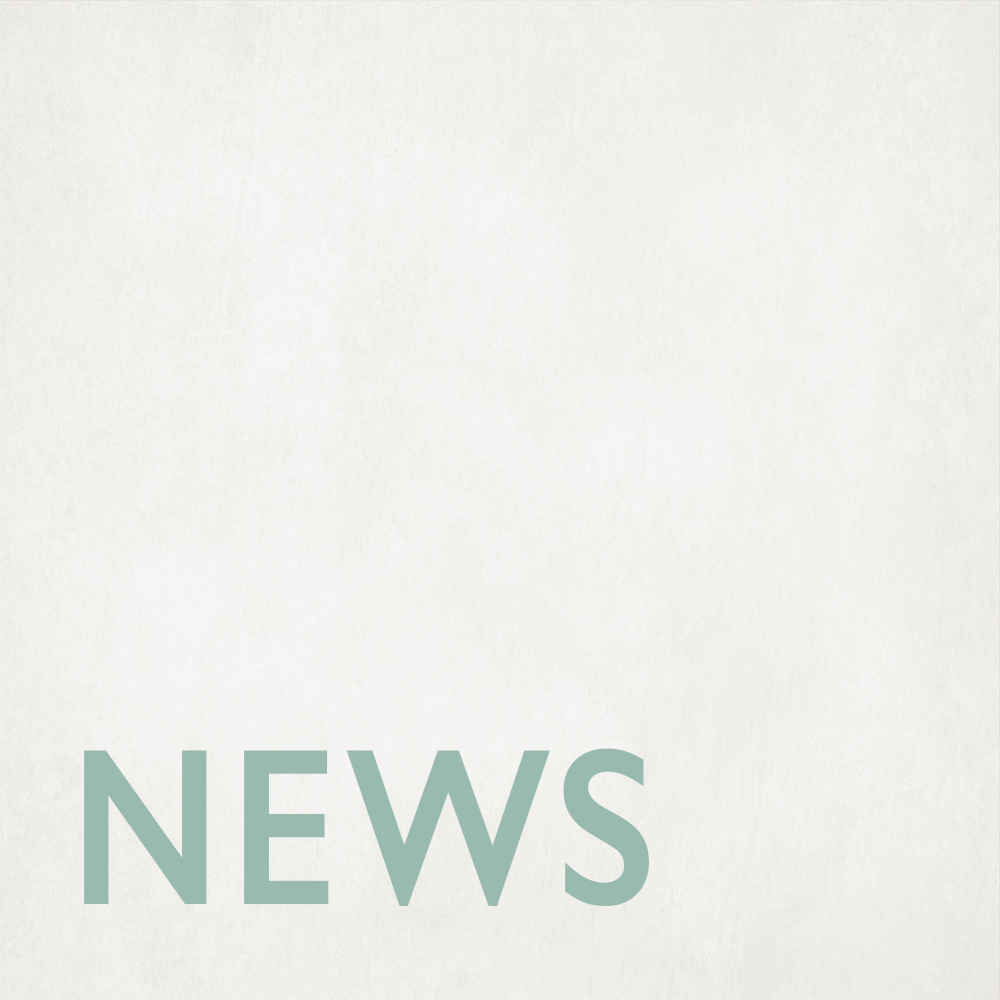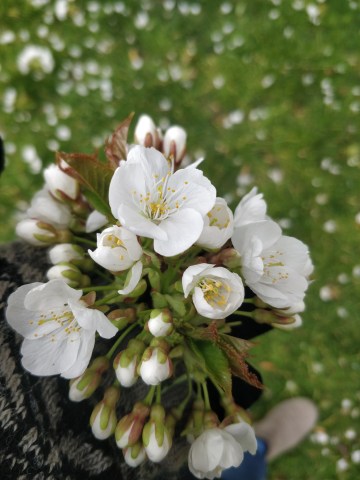Being as a Snowflake – Covid, March 18th 2020

I’ve been planning to write a few more blog entries recently, with a specifically political/social bent, because… hey… the world’s on fire.
However, I hadn’t quite got round to publishing the first few, as there’s still a few technical difficulties with the blog, and I wanted to get it vaguely right. Then Covid-19 stuck and blimey, it’s gonna be a rubbish few months.
So first thing’s first, here’s a link to Information is Beautiful’s data visualisations about Covid-19. ‘Cos I love me a data visualisation, and in a time of general global anxiety and aagggghhh it’s really nice to have some calm, sensible information laid out in a sexy way. I am in a very low-risk category – 0.2% of my age range infected dies, and though I have very mild asthma I think the odds are on my side of getting through this in one piece. I am, however, doing the social distancing thing, not because I’m scared of getting infected, but because it would be a real dickhead move to accidentally infect other people. A few days ago I saw my Mum, who is in the 70-79 age range and has had recent pneumonia and (successfully treated!) cancer, bumping up her odds to a slightly less comfortable but still pretty good 85-90% survival rate should she get infected. I will not be seeing her again for several months, by the sound of things, and we’ll just have to knatter down the phone.
As a writer, being forced to stay at home isn’t the end of the world. Every gig and show I was working on as an LD has been cancelled, and my colleagues and peers are, across the board, struggling. The industry as a whole is in trouble, after the UK government told people to stay away, but didn’t order a shutdown. Venues shut down anyway, because ethics – but without an official order they can’t claim insurance for the loss of revenue. For numerous venues, especially the smaller local ones, this might mean they never re-open. The potential job loss, as well as cultural damage, is obscene.
There’s nothing I can do about the medical risk of Covid-19 except carry on trying to not be a dickhead and not spread disease. I have, however, signed up to a local mutual aid group to support any vulnerable neighbours where I can. It’s too early to say exactly what this will mean, but if you’re interested then you can find more information here.
Economically, we’re obviously heading for a global recession; the second in 12 years. We still haven’t recovered from 2008, and this will probably be worse. The world, on the other side of this pandemic, will not be the same. No one knows what this change will mean, but given we know nothing about the next few months, it’s probably worth asking now – when this is over, what do we want the world to be?
In China, the social controls introduced to prevent the spread of Covid are tools of state surveillance that can be extended long after the pandemic is over to control and suppress any and all dissent. In America, there are numerous states where employees simply aren’t entitled to sick leave. In the UK, the government is pumping £330 billion into the economy – that’s 15% of the country’s entire economic output, a war-level amount of cash, while introducing a bill that grants two years of executive emergency powers. At some point we are going to have to pay back this money – at some point the world as a whole is going to have to meet the social and economic consequences of this.
I don’t know yet what that will look like. What do we want our world to look like, on the other side of Covid? If – when – we need to raise vast sums of money, are we going to make sure we do so by taxing the extreme wealth in our unequal society? Or are we going to go down another path of austerity, tearing apart the poorest and most vulnerable. If – when – we need to rebuild our culture and our habits on the currently shuttered high streets, what do we want that to look like? How are we going to support small businesses, local initiatives and communities, what does ‘robust’ really mean? What can we do that is different from what we’ve done before? When people are forced to borrow from the banks to cover months without work, what does that debt mean for our economy, and our communities?
After the Spanish Flu and WW1, the world tumbled into extremism. After the 2008 financial crash, our modern world has done much of the same. Wages have been stagnant; financial growth has come only to the tiny minority of the extraordinarily wealthy; the majority have struggled on by in a world where the same amount of money buys less. Hardship has lead to the election of demagogues and the spread of fear and hate, of the politics of blame and othering. No real action has been taken by corporations or political leaders on climate change. Not to put too fine a point on it, it’s been a rubbish decade and a bit. Covid-19 could make it worse, cement our differences and our pain even more.
But after WW2, we also got the NHS. We find ourselves in communities that are looking out for each other. We are discovering that the same government that promoted austerity for a decade, in fact can find the money to keep people alive. We are learning that you can work from home, that you can claim benefits, that we can be kind – all the things in the UK that have long been denied as absurd. We are learning that it is labour which drives the market, not stocks and shares, and what it actually means to breathe clean air in our cities. When the pandemic is over, we can go back to business as usual – or we can learn.
Having these conversations now are how we protect the things we value, and make informed choices about what we want to change, however hard it may be.
Meanwhile, here are videos from Overly Sarcastic Productions to fulfil all your self-isolating entertainment needs. (I am in no way affiliated. It just makes me happy.)
https://www.youtube.com/watch?v=DcqMp_D5pdE&list=PLDb22nlVXGgfwG1qbOtNgu897E_ky_8To&index=9





